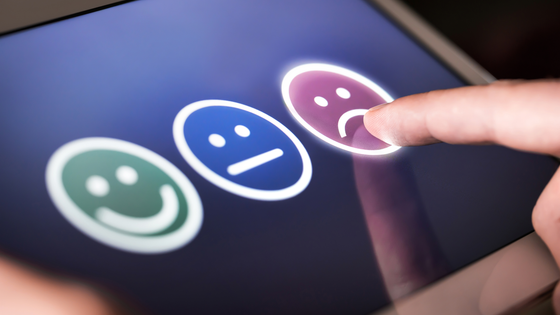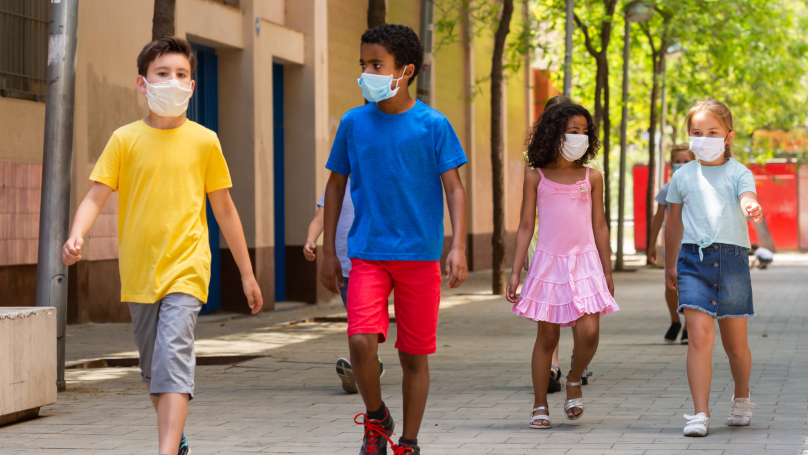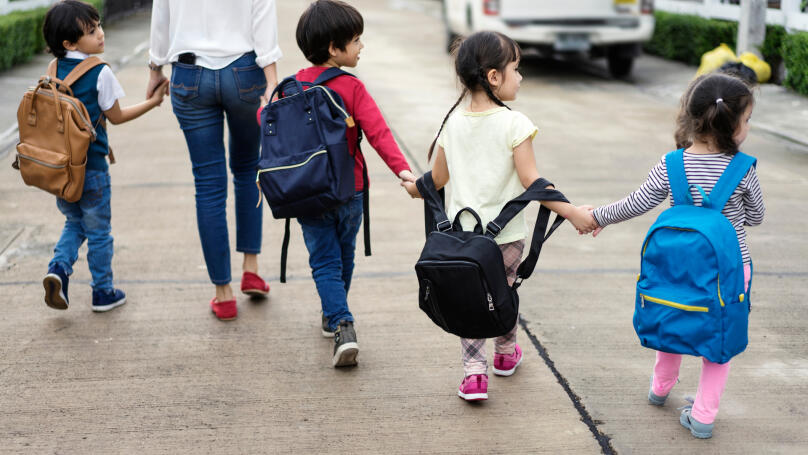Countries and their best strategies to deal with the internet issues during the lockdown
Colombia Less than a month after the lockdown was announced, Colombian radio began broadcasting educational podcasts. To date, more than 70 series of audio lessons have been aired and are broadcast on local...

Colombia
Less than a month after the lockdown was announced, Colombian radio began broadcasting educational podcasts. To date, more than 70 series of audio lessons have been aired and are broadcast on local radio networks, television, and Whatsapp on a set schedule. The duration of each training episode is, on average, 10 minutes. The audio- and video clips are repeated in the morning and the evening so that all students can listen to them at a convenient time.
Brazil
In the state of São Paulo, there are over 5,000 schools and 3.5 million students. In addition to distance learning, educational kits for elementary students were printed.
Such kits included textbooks, special literature, and manuals for parents who had to deal with their children independently. Police officers helped deliver the printed materials.
Furthermore, the Brazilian government took care of children from low-income families. During the lockdown, they were provided with free meals and some financial support.
In the first week after the start of the lockdown, an educational media center was also created to support teachers with a designated application with free access to private educational platforms. At the same time, educational content for both children and teachers is broadcast on four television channels. The leading teachers of the country took part in its creation.

Peru
Following the lockdown, the Peruvian Ministry of Education launched multi-channel distance learning. Incredibly, the new program was developed and released in just 12 days. It fully complies with the standard school curriculum and is available through four channels: radio, television, the Internet, and printed materials.
According to surveys, 85% of families in Peru have a TV, 84% have radios and mobile phones, and only 24% of families have access to the Internet. For this reason, the need to provide educational materials to children from remote areas of the country has become a real problem.
To fix the situation, a unique digital platform was developed and adapted for mobile devices. The platform has a flexible interface and "small-sized" files that allow it to withstand the connection of an unlimited number of users - including in places with poor quality Internet. The platform's partners are well-known mobile applications.
Today, online education in Peru is only gaining momentum. Students can complete tasks in any way that is convenient for them: both in writing by hand, or, using computer software. The results of the work are sent to teachers by email.

Chile
A distinctive feature of the Chilean educational system is the presence of so-called "second chance" institutions. These are institutions for children and adolescents from problem families. As a rule, such schools are attended by children who were forced to drop out of regular school due to alcoholism or drug addiction in the family.
In Chile, most students have low digital literacy and do not have access to the home internet. Resultantly, the country's authorities have focused on the transfer of educational materials via mobile devices. Notably, according to statistics, 95% of Chilean children have mobile gadgets.
Classes are now taught using free social networks such as Instagram, Facebook, and WhatsApp.
Second Chance Schools' main goal is not only to transfer academic knowledge to children but to also offer emotional and social support too. Teachers keep in touch with students around the clock using DMs (Direct Messaging), and group chats.












 Test: How Psychologically Mature Are You? Check Your Inner Foundation.
Test: How Psychologically Mature Are You? Check Your Inner Foundation.
 Test. Check Your Social Media Dependency Level!
Test. Check Your Social Media Dependency Level!
 Test: What Business is Right For You?
Test: What Business is Right For You?
 Test: How Prone Are You to Abusive Behavior as a Manager?
Test: How Prone Are You to Abusive Behavior as a Manager?
 Test. What superpower would you possess if you were a superhero?
Test. What superpower would you possess if you were a superhero?
 Test. What Should You Let Go of Before Winter Ends?
Test. What Should You Let Go of Before Winter Ends?
